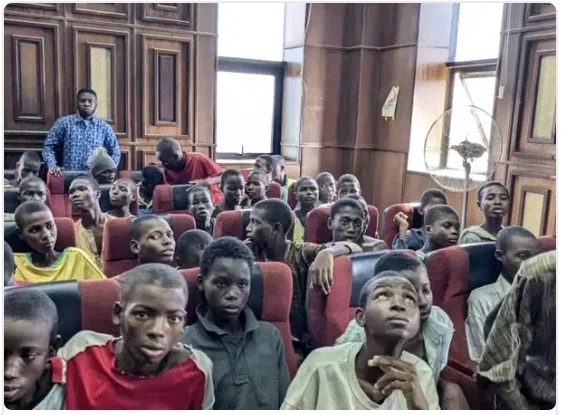
Dozens of protesters detained during the August End Bad Governance protests have spoken out after being released from Kuje Prison in Abuja. Following the dismissal of treason charges by the Federal Government, the detainees were released to the governors of Kaduna and Kano states at the Presidential Villa. The detainees, including minors, were freed after an outcry against their detention and treatment, particularly among human rights groups and community advocates.
Reflecting on their experience, many detainees described life inside Kuje as harsh. Hassan Muhammad, one of those arrested in Kaduna, recalled being detained on August 5 during the protests. "After our arrest, we were taken to the State Criminal Investigation Department (CID) and then moved to the Federal CID. After 18 days there, we were transferred to Kuje Prison, where we stayed for 68 days," Muhammad recounted. "It was a very bad experience. The food was also bad-beans and garri were all we had to survive on in prison."
Muhammad Abubakar, another detainee from Zaria, noted the toll the experience took on him, calling it a harsh lesson that will remain with him for a long time. He described the ordeal as one that has left a deep impact on his perspective and understanding of civil activism in Nigeria.
The Kaduna State government has pledged support to help reintegrate the released detainees into society. Hajiya Rabi Salisu, Commissioner of the Ministry of Human Services and Social Development, urged the former detainees to focus on peaceful advocacy within their communities. "We encourage you to engage in advocacy, sensitization, and peacebuilding, to be positive members of society," she stated.
According to the information obtained by Torizone, the commissioner added that the government would offer psychosocial services and empowerment programs to the detainees, which included 39 adults and two minors, to ease their transition and equip them with skills for their future.
The release of these protesters, though a relief to their families and supporters, has reignited calls from civil society organizations for a reexamination of how the government handles public dissent. Activists argue that the conditions in Kuje and the prolonged detention of minors underscore a need for reforms within the criminal justice system.

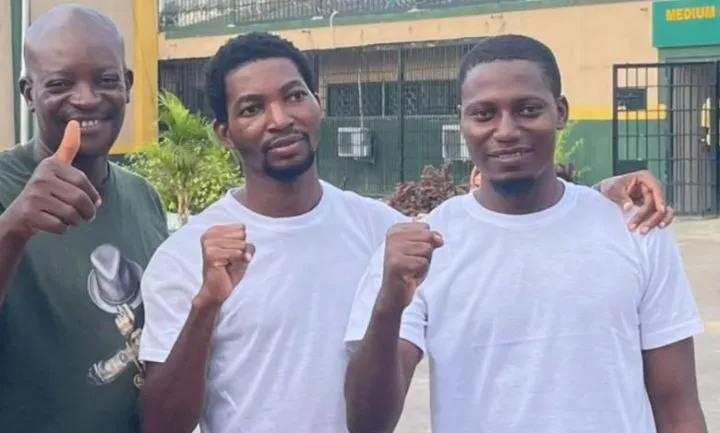
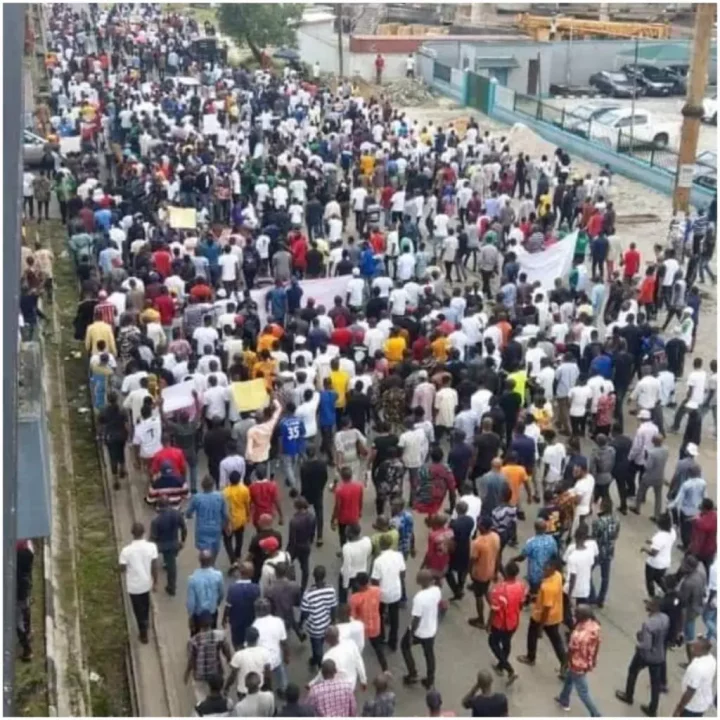
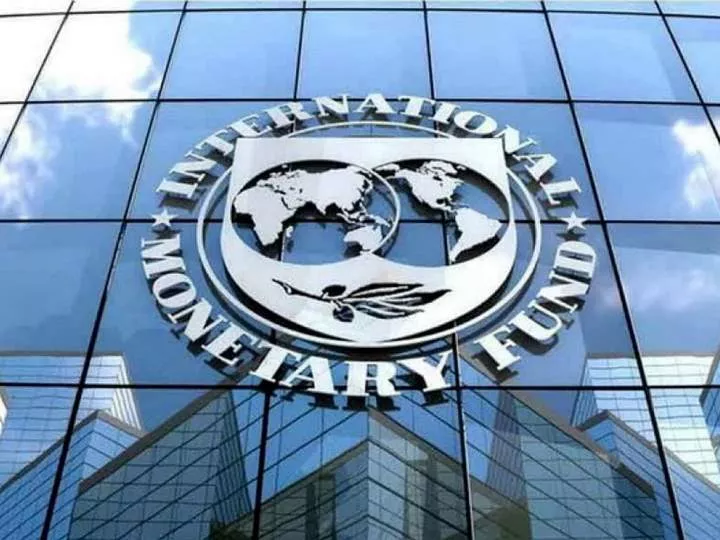
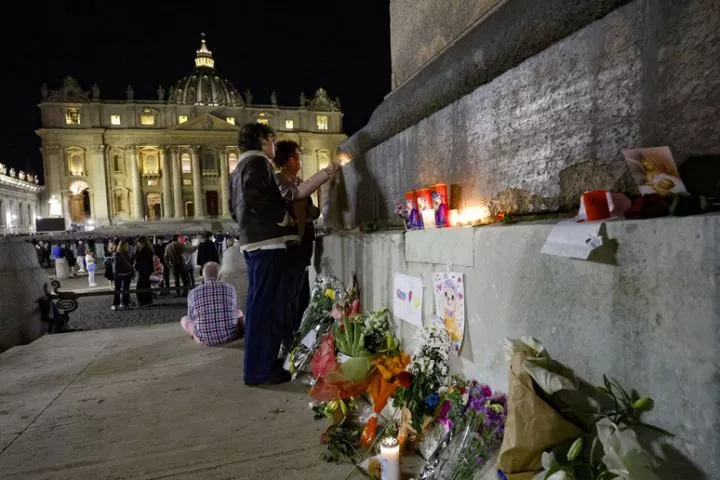







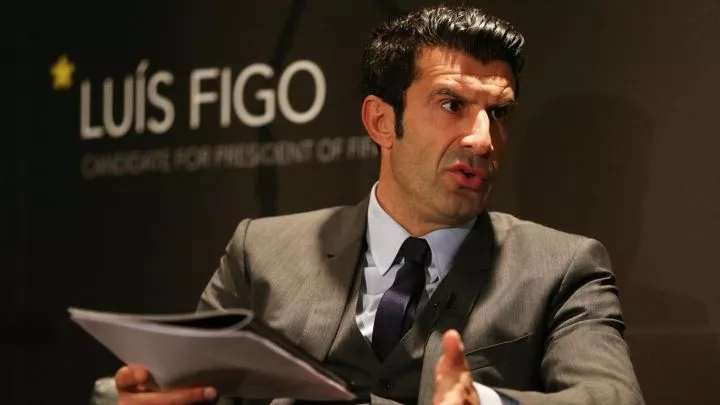
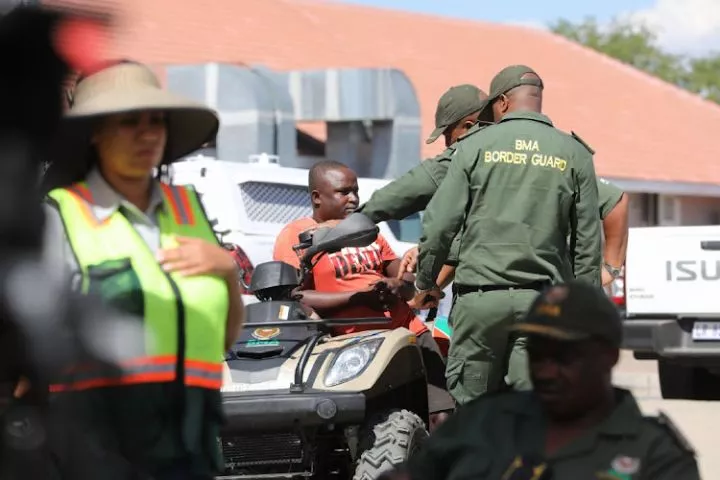
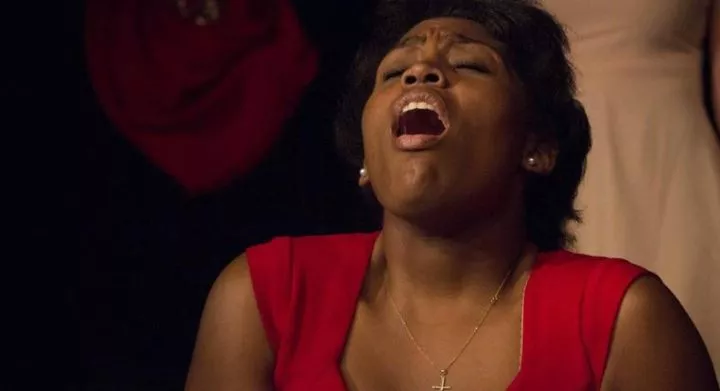

Comments